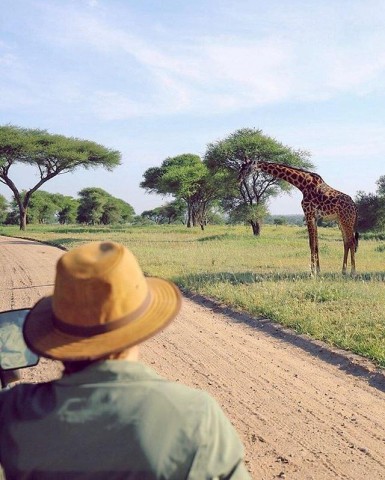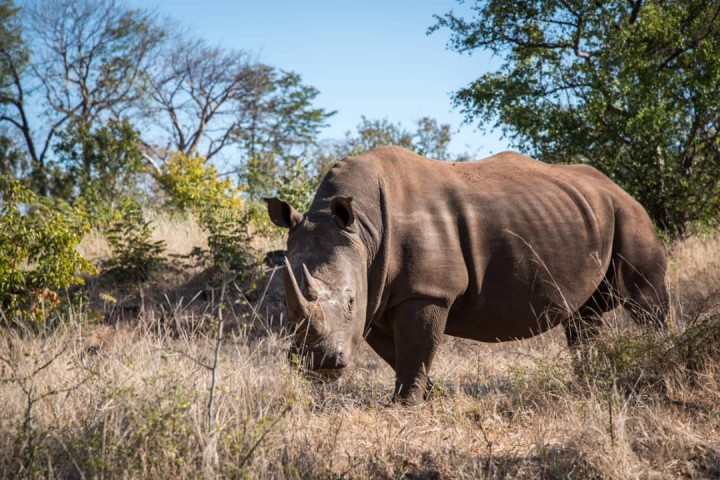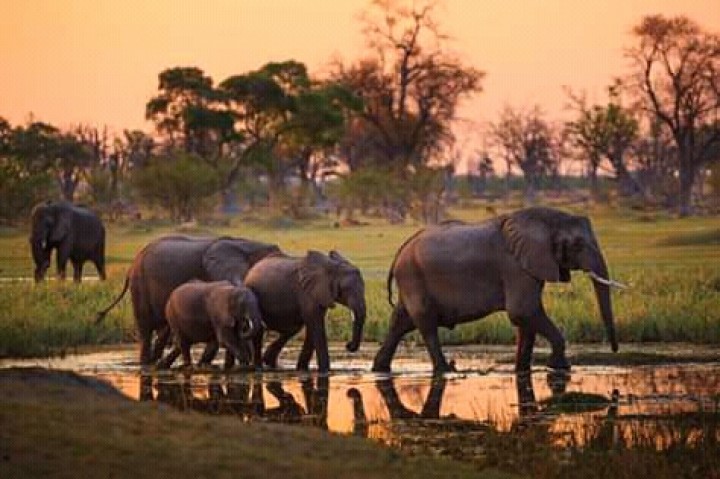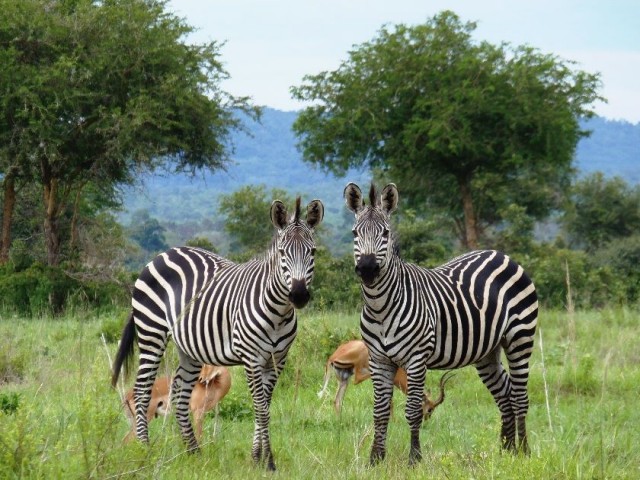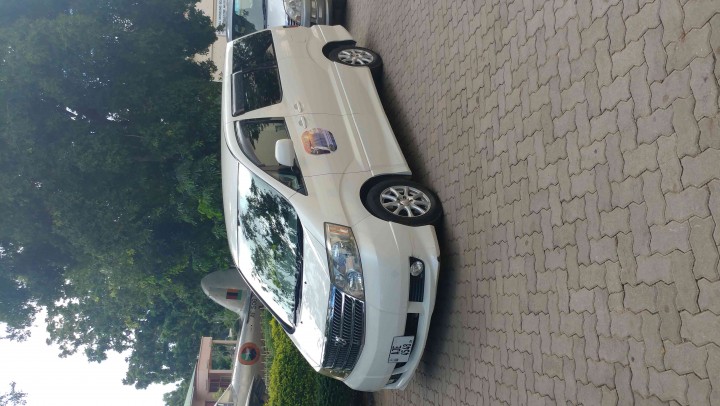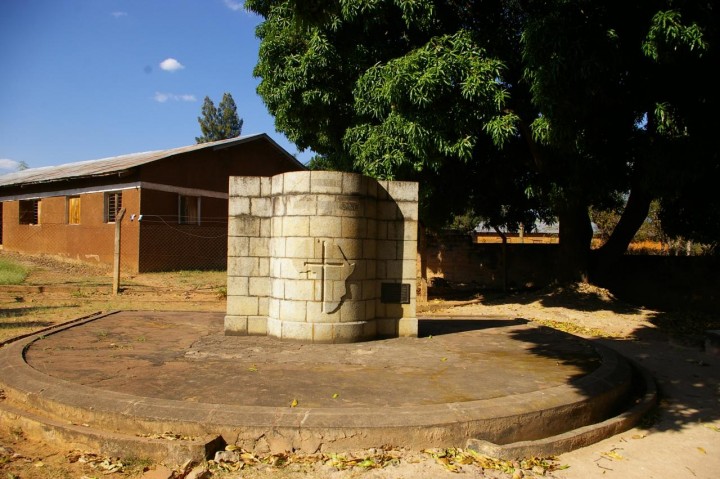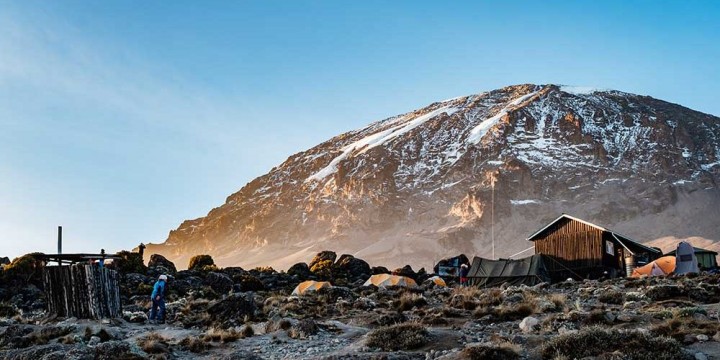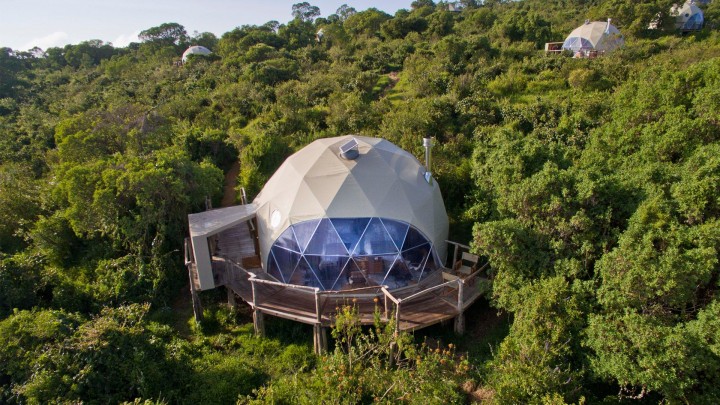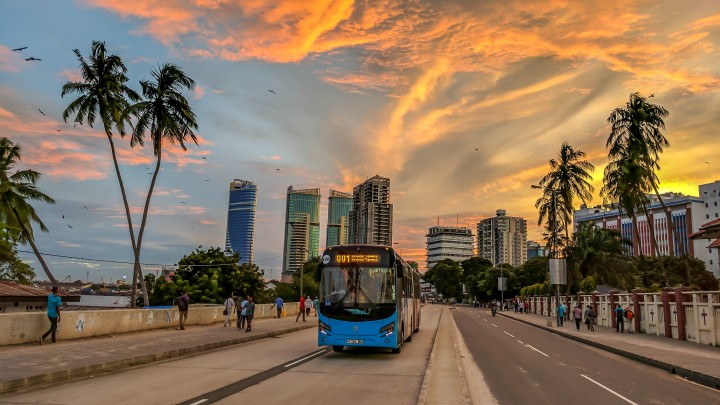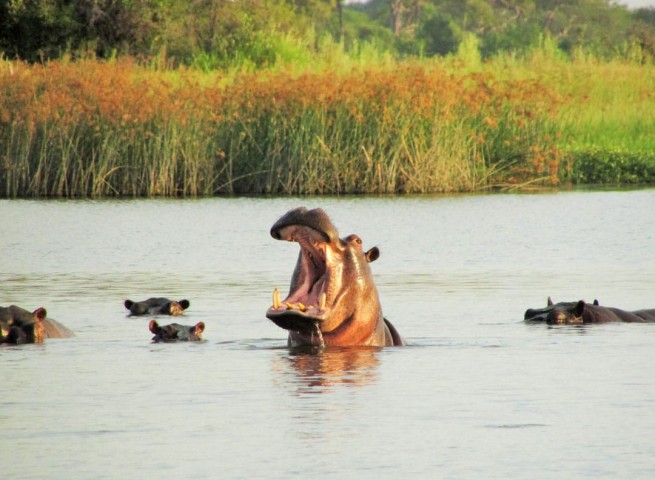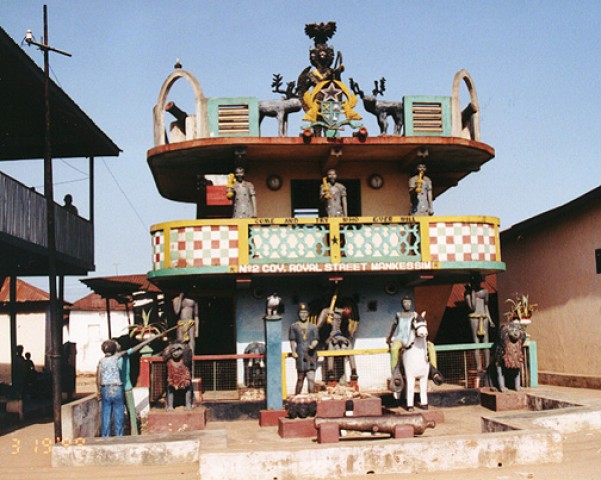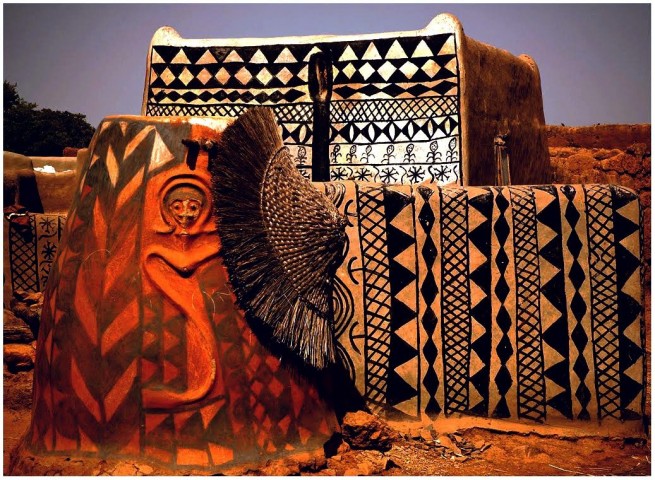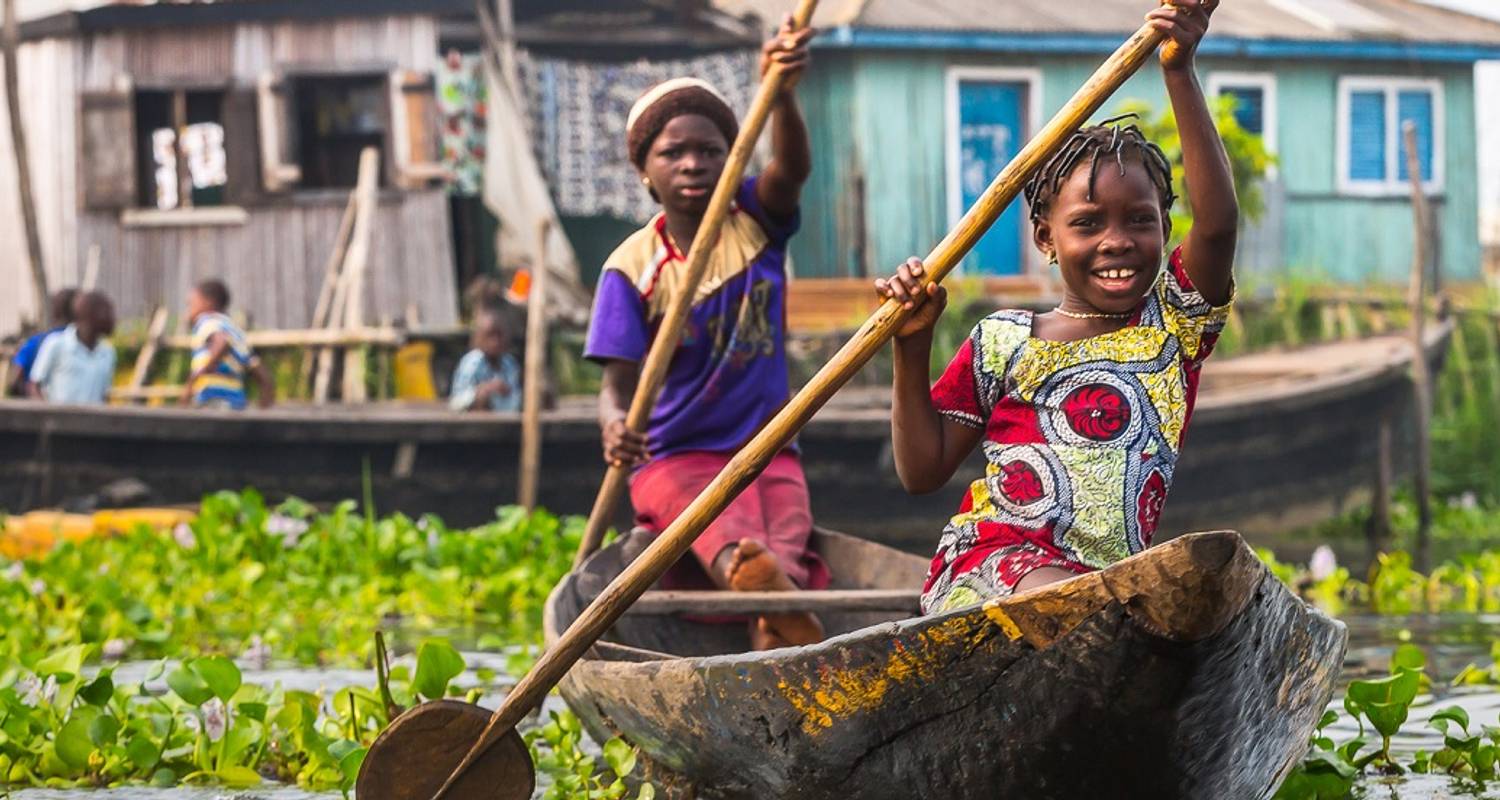

 Share
Share
 Tweet
Tweet
 Pin
Pin
 Email
Email
 Share
Share
 Share
Share
 Share
Share
Overview
Togo - Benin Full Itinerary & Trip Details
12-day round-trip through known and unknown Togo and Benin, small group tour
Cost/Person: USD 2980
Minimum number: 5
The individual tour can also be arranged
DURATION: 12 days
IDEAL AGE: 6 to 80-year-olds
STYLE: In-depth Cultural and History
OPERATOR: Destination Afrique
TOUR CODE: #D12020
Book with extra flexibility
- Change date
- Choose a different tour package
- Get credit for a future tour if you need more time to decide
- 24/7 support via email and WhatsApp
Visiting vibrant markets and getting to know the daily life of different ethnic groups are part of this round-trip through Togo and Benin. We set out on a journey, inviting you to meet the past and present of two extraordinary West African countries with an open mind and to gather insights about other cultures, traditions, and religions.
We start our trip in the South of Togo and Benin; the coastal area, where the voodoo religion has its roots and is visible all around. Continue to the green and fertile Southwest of Togo and the pretty Plateau de Danyi. In the North, we visit the castle houses of the Tamberma and Somba, along the border of Togo and Benin. We go off the beaten paths to visit the Fulani and the Taneka, where it may feel like we’ve stepped back in time. We visit the King and the Spiritual Leader, who play an important role in the Taneka community and learn about the simplicity and complexity of daily life in the villages with thatched-roofed mud huts. We travel via the sacred hills of Dassa and the history of the Dahomey Kingdom the journey goes back to the South for an overnight boat trip on Lake Noukoué, to get to know the Tofinu people and to learn about their life on the water and in the stilt villages.
DAY 1: Upon Arrival at Cotonou international airport, You will be welcomed by the warmth of the African continent from the representatives of Destination Afrique
DAY 2:
Today’s destination is Ouidah, a town with the doubtful honor of having been involved in the slave trade in times past. Nowadays it is known for the annual voodoo festival, taking place on January 10th, which is national voodoo day in Benin.
DAY 2: Vodoo and slavery in Ouidah
We explore the history and culture in Ouidah, with visits to the museum, to the pythons’ temple, and the sacred forest. We walk the slave road, the final footprints people had to walk before boarding vessels to faraway destinations. Along the way we see the landmarks, that played an important role in the last moments, the people spent on African soil, such as the Tree of Forgetfulness and the well, where the people had to wash off their African impurities. The slave route ends at the Door of No Return at the ocean; a place where faith took a turn and changed many lives forever.
We continue to Grand Popo in the late afternoon. For the Zangbeto dance
Overnight stay in Grand popo
DAY 3: Grand Popo to Togo
Grand Popo, situated at the beach, is a peaceful haven. In the morning we go onboard for a trip via the Bouche du Roi to the lagoon and mangrove forest.
We visit a small private owned sea turtle conservation project, before getting on the road to Aného in Togo.
life along the Mono river (optional)
Today we are offered insights into daily life along the River Mono, which in this part of the country is the border between Togo and Benin. The South of Togo has a rich voodoo culture, picturesque villages with colorful markets, and a range of crafts to explore. We visit a place where palm oil is produced, go to a local sodabi brewery, where we can taste the strong liquor, and visit a potter. We come along voodoo idols and sacred places.
via the Akodesewa fetish market to Kpalimé
The morning road-trip takes us to Lomé, the capital of Togo, where we visit the largest fetish market in the region. Our local guide explains the uses of the objects and the ingredients for ceremonies.
We continue to the Northwest of the country; a hilly and fertile area with cocoa and coffee plantations, waterfalls, and an abundance of fruit.
The late afternoon is used to explore Kpalimé and its handicraft markets.
The night is spent in Kpalime
DAY 4: Kpalime to Sokode
the Danyi Plateau
A hike is made in the morning, to learn about natural dyes and to visit the coffee roasting women’s collective. Visit the bat sanctuary, where thousands of bats live. It’s believed that those bats have protected the villagers from wars.
Drive to Sokode and settle for the night’s fire dance a unique to this region.
DAY 5: Drive to Kara
In the morning, visit the local museum in Sokode and its vicinity then continue the road-trip to the west. Along the road, we stop for lunch. A sauce with wagashi may be on the menu. Wagasi is a cheese made by the Fulani women; only available in the North of Togo and Benin. (optional)
During the day the scenery changes to Savannah, with more rocks and stunning panoramic views. Visits are made to Bafilo’s weavers and the deathrock at Aledjo. Photo stops can be made.
The night is spent in Togo’s second capital Kara.
DAY 6: KARA
In the morning, travel to Sarakawa to visit the private forest reserve of the former president of Togo now open to the public. Continue and visit the blacksmith workshop producing all forms of work tools and appreciate local and ancient technology in use in Pya. also alternatively if time allows, hike on nearby Mt Kabyé. On the way, we visit a potter and a blacksmith, both of them working traditionally. The smith works the hot iron with heavy stones, which can weigh up to 20 kilos. Return to Kara and spend the night
Day 7: KARA - NATITINGU
Tamberma country
We set out on a morning.
In the afternoon we continue to Tamberma Country, situated on the border with Benin. The Tamberma or Batammariba are well-known for their architecture. The castle-like houses are called tatas.
ALTERNATIVE (We visit a tata and spent the night in style, staying on the rooftop terrace of a local family.)
Somba architecture
If a new tata is being built, it’s well worth getting up early and visiting the building site. The theme “many hands make light work” is being practiced; the mason is assisted by a crowd of volunteers, who mix the mud and provide him with it.
We explore the area; our guide shares about the history and the rich traditions of the Tamberma, which are still in use today. The tatas got their shape in times past, based on the need to protect families against wild animals and hostile tribes. Even though these threats are no more around, the tatas still have the same shape and function. Only when a young man has taken care of the primary needs of a family - by building his own tata - a marriage can take place.
We cross the border to Benin, where the rest of the day is dedicated to meeting the Somba people, who - like the Tamberma - live in tatas. A Somba guide takes us on a walk exploring the area. He explains about the culture - including facial decorations - and takes us to a traditional tata for a visit.
DAY 8: NATITINGOU
Fulani village hike
We spend the day in Natitingou and surroundings. We set out on a hike - of approximately 5 hours in total - through the surroundings to visit the Fulani, the herders’ tribe. This population group lives a (partly) nomadic life and has a rich culture with many traditions, which are still being practiced.
The hike ends at the Kota falls, a perfect place for a well-deserved refreshing bath/swim.
We finish today’s visits with a tasting of millet beer and banana doughnut balls in Natitingou.
DAY 9: NATITINGOU – DASSA ZOUME
Taneka country
A bit further South we visit not yet widely known Taneka Country. The people in this area have well-preserved their culture and traditional way of living.
We start the visit at the cultural bank, which looks like a museum. The objects on display belong to the inhabitants of Taneka villages. Each object serves as a pledge for a microloan granted to the owner. Once the loan is paid-off, the owner has the right to reclaim his possessions. While the microloan gives the villagers a chance to earn a living, the cultural bank benefits from an ever-changing collection.
Leaving the asphalt road we step into a different world; one where time seems to have stood still and where life is lived by the rhythms of seasons and days. The picturesque Taneka villages give us a chance to get in touch with the people and their traditions. The King and Spiritual Leader are highly respected by the villagers. Both men play a significant role in the community. Visits are made to both, to pay respect, and to receive blessings for your stay and journey. We set out on a walk and spent the night in a village.
road-trip to Dassa
After breakfast time has come to say goodbye to the villagers and to continue the journey Southwards. We stop in Djougou to visit some craft workshops, including a forge, where metal is being recycled, a leather workshop, and a weaving workshop.
Dankoli fetish
On our way to Dassa, we stop at the Dankoli fetish. This voodoo fetish is considered as one of the most powerful fetishes in the country, and thus frequented by followers of the voodoo religion, to offer to the idols.
Spend the night at Dassa
DAY 10: DASSA ZOUME - ABOMEY
the Dahomey Kingdom
While Dassa is surrounded by many more, the holy voodoo number of 41 is used for the hills, many of which were once inhabited. They provided a haven to those wanting to escape the slave hunters. Remains of old settlements, which were protected by voodoo rituals, can be seen. Voodoo palaces in the hills are still in use for ceremonies and voodoo dolls can be seen there. We climb one of the hills and visit the voodoo palace.
We continue to Abomey, once the capital of the famous Dahomey Kingdom. From 1645 each King built his own palace, reaching a total of 12 at the time of the French invasion. King Gbehazin didn’t want any of the palaces to fall into the hands of the colonizers and set all of them on fire, before fleeing town. Only one palace was spared. We visit the palace and the historical museum, which has an impressive collection on display.
In the vicinity of Abomey, we visit a so-called voodoo village, to learn more about the religion.
We spend the night in Abomey.
DAY 11 : ABOMEY – GANVIE - PORTONOVO
Noukoué Lake's stilt villages
Before traveling further South we visit Agongointo underground village, which was discovered in 1998 when an entire truck disappeared into the ground during road construction. Extensive investigations led to the discovery of a very well-hidden underground town. It’s still unknown who built and inhabited the town, which is now a museum.
We continue to Abomey-Calvi at the shore of Noukoué Lake, where we go onboard for a trip on the lake to visit its stilt villages - of which Ganvié is the most well-known. We get an impression of life on the water and the different types of fishing practiced on the lake and spend the night in a stilt village.
Capital Porto Novo
Our lake trip takes us to villages where tourists are rarely seen. The locals row their traditional wooden canoes (some of them with colorful sails); the common means of transport for young and old both on the lake and in the villages, where shopping is done at the stilt shops or the floating market. In the early afternoon, we set foot ashore again and continue by road to Porto Novo.
Visit the ethnographic museum of Porto Novo. Visit the old mosque with Brasilian architecture built by some descendants of Brazilian slaves, visit the Ajara market visit King Tofa the 1st Palace (honme museum), the muse Da-silva. Adjara market and drum makers spend the night in Porto Novo
DAY 12: DEPARTURE
The last day of our trip has arrived. Before returning to Cotonou, we make a side-trip to nearby Adjara, a village known for its art workshops, where beautiful crafts made by local artists are for sale.
We travel back to Cotonou for a visit to the Dantokpa market, the largest market in West Africa.
Farewell dinner and transfer to the airport.
All our tours contribute to the DESTINATION AFRIQUE SMILE funds in supporting fewer privilege communities in remote villages
Tours Booking
Show on Map
Privacy Policy
Privacy Policy
Deposits and Payment: Upon confirmation of booking, a 40% payment deposit of the total amount is required and the balance to be cleared at least 45 days before the date of your arrival. Any deposits from you are non-refundable. The payment of a deposit enables us to hold a reservation for you but does not guarantee the price. The price can only be guaranteed when full payment has been received. Changes in transportation costs including the cost of fuel, taxes, fees, and exchange rates mean that the price of your travel arrangements may change after you have paid in full. Tips, Gratuities, and Donations Tips and donations are not included in our booking fees and it is at your discretion to give any tips or make any donation during your planned Tour. Special Requests Notify us of any special requests at the time of booking. Please note that maximum effort will be made to ensure that your special request is honored, however, we cannot fully guarantee. Changes, Cancellations, and Refund In case of any changes, notify us on time and provide us with your current means of contact so we can ensure that the necessary changes are made and sent to you. Please note that maximum effort will be made to ensure that your changes are honored, however, we cannot fully guarantee. For cancelation kindly refer to our refund policy. We will ensure that you are promptly notified of any significant changes or cancelation from our part. Any such changes or cancellation shall relate to circumstances beyond our control such as ethnic conflict, natural disaster, etc, but we accept no liability for any costs incurred as a result of such change or cancellation. Where a change requested by you, additional service fees will apply Refund Policy Conditions of applicable refunds will be as follow: Cancellation made 31 days to the arrival shall receive a 50% refund Cancellation made 15 days to the arrival shall receive a 25% refund Cancellation made after 15 days to the arrival shall receive no refund Visa and Immigration Requirements It is your responsibility to fulfill the visa and other immigration requirements applicable to your itinerary. Kindly consult us in case you need any assistance. Alternatively, you can talk to the relevant embassies or consulates. Travel Advice and Vaccinations You should always refer to the travel advice for all the countries you intend to visit. Some vaccinations are also required for some or all of the places you intend to visit. It is your responsibility to ensure that you have arranged all necessary vaccinations for your itinerary. Let us know in case you need any assistance. We assure you that our team will be available to assist you throughout the process until your arrival. ost/Person: USD 1550 Minimum number: 2 The individual tour can also be arranged DURATION: 8 day IDEAL AGE: 6 to 80-year-olds STYLE : In-depth Cultural and History OPERATOR: Destination Afrique TOUR CODE: #D42020 Book with extra flexibility • Change date • Choose a different tour package • Get credit for a future tour if you need more time to decide • 24/7 support via email and WhatsApp
Payment Types
Credit Card - Wire Transfer - Paypal - Master/ Visa Card -
Days : 12 | Nights : 11 | Hours : 9
Inclusions
- Local tax
- Transportation
- Guides / Assistance
- Roundtrip Hotel Transfers
- Suitable for Children
- Admission to park(s)
- Driver
- Service fee for tour guide
- Boat
- guide fees
- Entry fees
- drinking water
- Forest entry fees
- Local professional guide.
- English Speaking Driver/guide
- All park fees.
- Full Board Accommodation
- Entrance fee to the national museum
Exclusions
- Extra water bottle charges
- Return Airport Transfer

